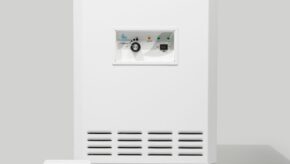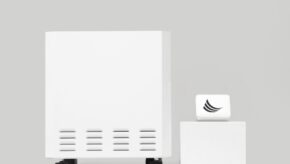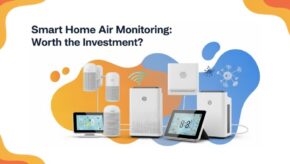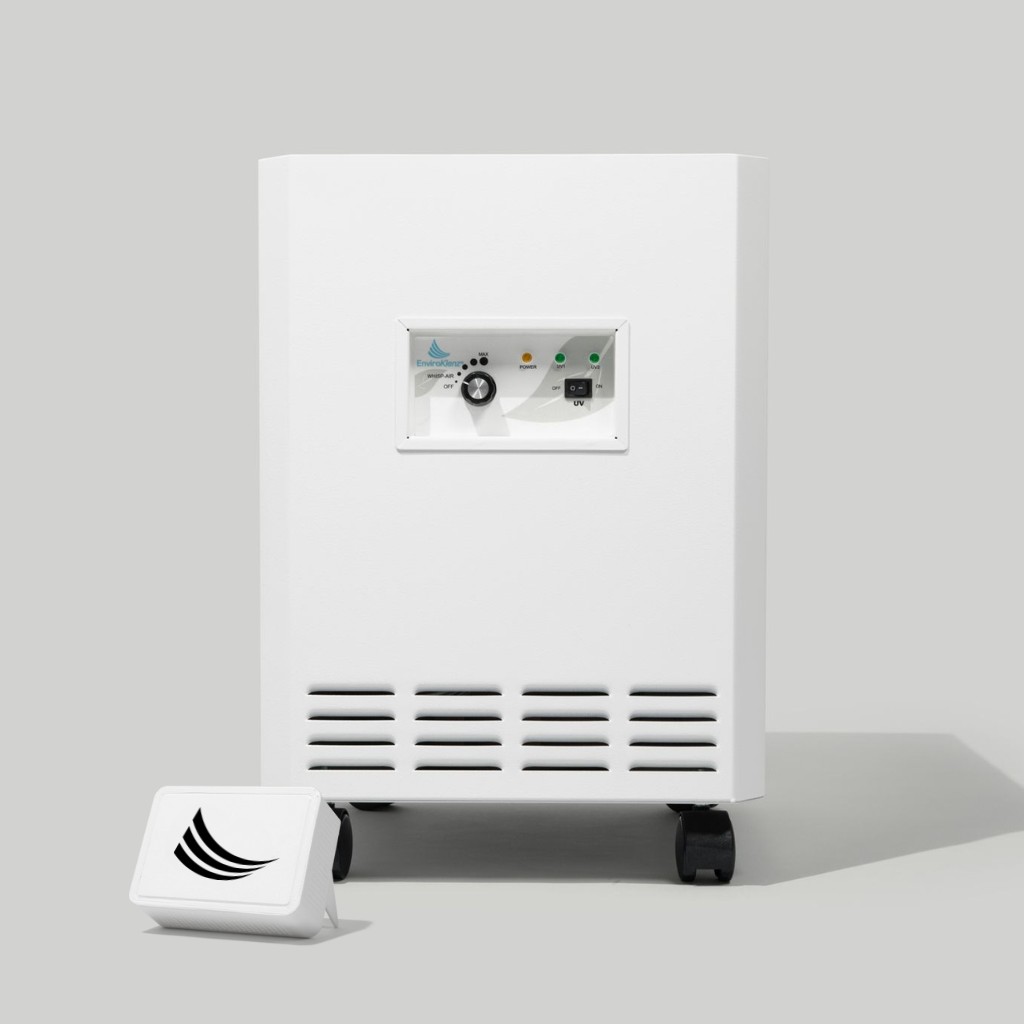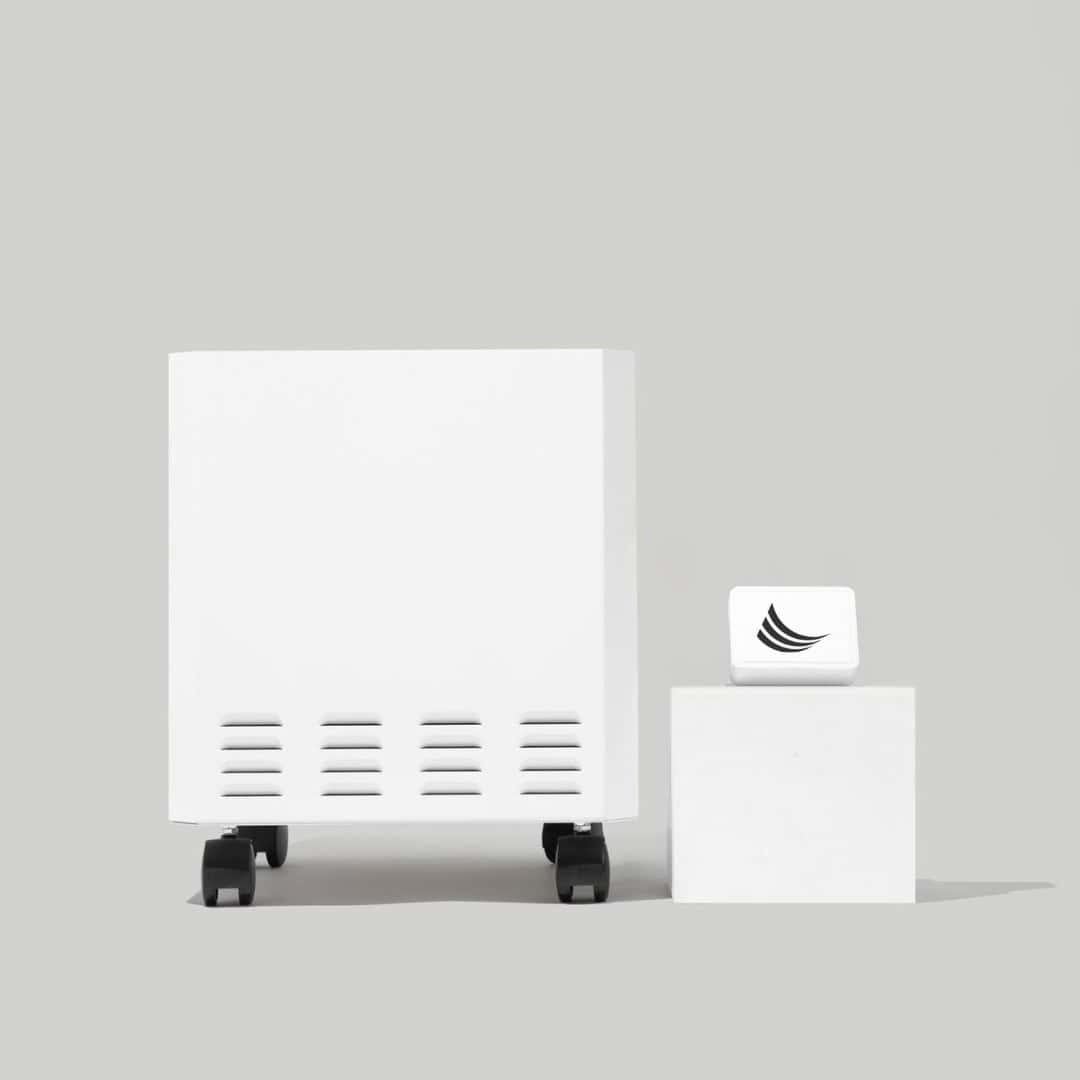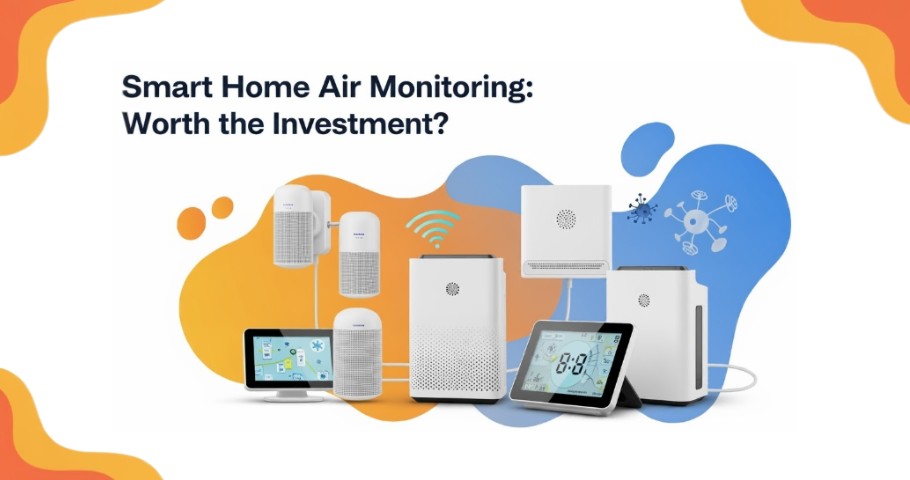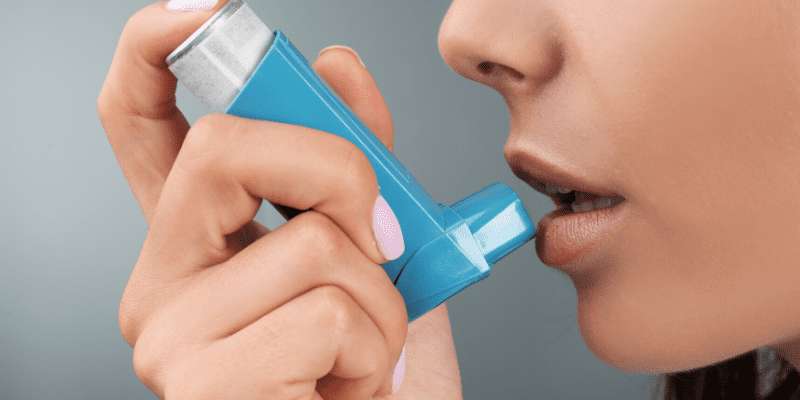Did you know that May is National Asthma Awareness Month, a prevalent disease that many people suffer from throughout the world? Asthma is a chronic condition that affects an individual’s airways and will provoke asthmatic symptoms when exposure to an allergen or irritant occurs. Unfortunately, according to the CDC, asthma can affect one in 13 Americans, which averages about 25 million people or even more that suffer from asthma. The designated National Asthma Awareness Month brings those asthma sufferers together, as well as organizations that are dedicated to asthma control and education to increase overall awareness about asthma and ways to improve the lives of all those sufferers of this condition.
Asthma can have a significant impact on an individual’s health and when asthmatic symptoms take place it can create dangerous conditions for someone such as wheezing, difficulty breathing, and a range of other symptoms. With the wide range of asthma types and factors that can elicit this condition, make it hard to control your asthma and trying to minimize having an asthmatic attack. Therefore, it is important to understand what asthma is, the different types of asthma, why people get asthma, and the best things to do to try to help reduce asthma in those individuals who are asthmatic.
In this article we are going to learn more about what asthma is and how it effects individuals, particularly in a home, as well as discuss what can be done in your home to help mitigate your asthma such as using an effective air purification device.
What’s asthma
If you have never suffered from asthma, than you may be unaware of exactly what this condition is and how it effects the human body. The National Heart, Lung, and Blood Institute (NIH) have classified asthma as a chronic, long-term condition that intermittently inflames and narrows the airways in the lungs of an individual. When this inflammation takes place, it will make a person’s airways swell up which will result in difficulty breathing, chest tightness, wheezing, and even coughing – all of which are identified as asthmatic symptoms. These asthma symptoms, however, can range in severity from mild to severe and some symptoms may be present while others may not be, depending on the individual and what they have been exposed to in the environment.
Three of the most common signs that you or an individual is undergoing an asthma attack, according to Mayo Clinic include;
- Severe shortness of breath, chest tightness or pain, and coughing or wheezing;
- Low peak expiratory flow (PEF) readings, if you use a peak flow meter;
- And Symptoms that fail to respond to use of a quick-acting inhaler.
Different types of asthma
Asthma can be very mild in some cases needing little to no medical treatments, or it can be severe and sometimes life-threatening. There are several different types of asthma that asthma sufferers can experience and deal with that will range in severity. Typically, these types of asthma are identified and determined by the frequency and severity of your asthma symptoms. The various types of asthma that an individual can experience can include the following four classifications; mild intermittent asthma, mild persistent asthma, moderate persistent asthma, and severe persistent asthma.
As its name states, this form of asthma will include mild symptoms that will only last for up to two days per week or two nights per month. This specific type of asthma will not hinder any of you day to day activities and an example of this asthma is exercise-induced asthma. The symptoms provoked from this asthma type will include wheezing, whistling when breathing, coughing, swollen airways, and development of mucous.
For those people with mild persistent asthma, the asthma symptoms will still be mild but occur more frequently – twice per week usually. The symptoms will include all of the same symptoms as mild intermittent asthma but also will include chest tightness. This form of asthma can be treated with a low-dose inhaled corticosteroid medication.
A more severe form of asthma, those with moderate persistent asthma will usually have symptoms once each day or most days. The symptoms of this asthma will be the same as mild persistent asthma and it will be best treated with a higher dose of inhaled corticosteroid.
The most aggressive and severe form of asthma, severe persistent asthma will have an individual experiencing symptoms several times during the day. Unfortunately, this asthma type will not respond well to medication even when taken regularly. Often times, individuals who have severe persistent asthma will likely have started with another form of asthma and over time persisted into severe asthma.
Different types of asthma
Many asthmatic people may wonder throughout their life if their asthma will go away over time, and according to Harvard Medical School, this may be a possibility. Harvard explains that asthma can usually go away, but more commonly in those who start to experience asthma in childhood than those who start experiencing asthma in their adulthood. Surprising enough if your asthma symptoms go away, it may be that asthma was never there in the first place. As we have explained throughout this article, asthma can be very hard to diagnose and in some cases, a person may be misdiagnosed – if this happens it can explain the asthma vanishing.
However, when you are in your indoor environment the air quality and the removal of allergens and irritants will be a critical process in mitigating and helping asthma sufferers. Many asthma sufferers are turning to air purification devices to integrate into their homes to help reduce asthma symptoms that they may experience in their homes. Do these air purifiers work to help asthma sufferers or is there a better solution to use in your home?
Do air purifiers help with asthma?
Do air purifiers help with asthma? Our homes are exposed to many contaminants on a daily basis and no matter how careful we are it is nearly impossible to fully prevent some of the items in our external environment from entering into our homes. The key is not to be too concerned about living in a proverbial bubble but rather focus on first removing any items in your home that may be compromising your indoor air and secondly having a preventive measure in place such as the EnviroKlenz air purifier in the event your indoor air is compromised. Air purifiers containing HEPA filter are also considered the ideal whole-house air purifier for those individuals looking to prevent inhaling harmful microorganisms and beyond HEPA filtration, someone with Asthma should be equally concerned about the mitigation of chemical triggers and VOCs from their air purifier as well.
The EnviroKlenz Mobile Air System was designed to address the two problem areas that we covered above which are particulates and chemical odors, making it one of the best air cleaners for allergies available. The EnviroKlenz mobile utilizes a patented metal oxide technology that is proven to be highly efficient “destructive adsorbents” for chemicals as well as incorporating a medical grade HEPA filter that can trap dust and dander particles up to 0.3 microns. The unit is a portable, room-sized air filtrations system that utilizes advanced chemical neutralization technology along with HEPA filtration to address both chemical and particulate pollutants. It is small and quiet but packs a punch for addressing the various types of pollutants found in indoor spaces. As the air is circulated it passes through two different stages of filtration: one to neutralize chemicals, and a second to focus on the particulates. This combination makes the EnviroKlenz Mobile Air System the choice for restoring the indoor air quality in your home quickly and effectively.
Mobile Air System
✓ Patented earth mineral technology works to attack VOCs and break them down on a compound level
✓ No chemicals or masking agents
✓ Will not release any chemicals back into your environment
✓ Safer and faster at removing VOC’s than traditional carbon filters and PECO air purifiers
Article Sources:
- Centers for Disease Control and Prevention (CDC): Asthma – World Asthma Day (link)
- National Heart, Lung, and Blood Institute (NIH): Asthma (link)
- Mayo Clinic: Asthma Attack (link)
- The University of Chicago Asthma & COPD Center: How Asthma Works (link)
- Healthline: Asthma Classification (link)
- Harvard Health Publishing – Harvard Medical School: By the Way, Doctor: Does Asthma Go Away? (link)
EnviroKlenz® Medical Disclaimer:
“Any information that is provided on this website is not for the use by any commercial or personal entity without expressed written consent of the blog author. The material and statements illustrated within this blog are not intended to diagnose, treat, cure, or prevent any diseases or medical conditions. Nor does the author in any way guarantee or validate the validity, totality, or efficacy of any claims and will therefore not be held responsible for the content of any claims. Always consult your medical physician for any specific medical advice or recommendations.”
